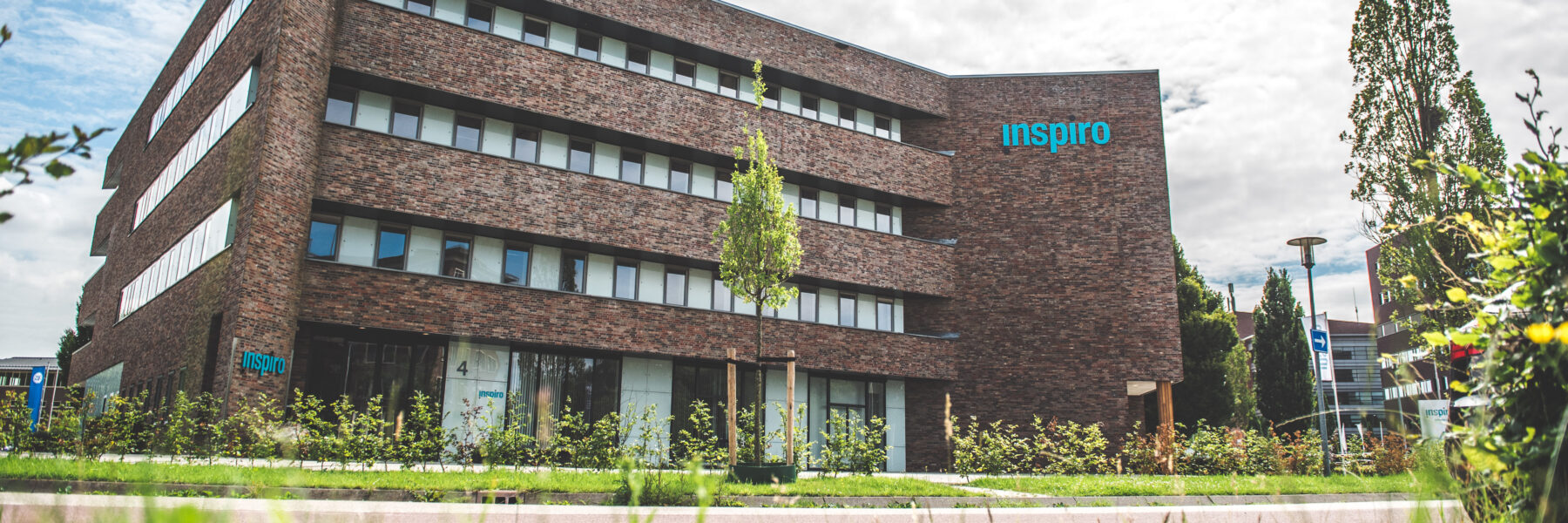What is product lifecycle management?
Product Lifecycle Management (PLM) is a comprehensive approach to managing a product throughout its entire lifecycle, from the initial concept phase to its eventual phase-out. It includes various stages such as design, development, production, and maintenance. PLM ensures that all aspects of the product are optimized for efficiency and effectiveness throughout its lifespan.
A well-implemented PLM system provides companies with the ability to streamline their processes, enabling them to better respond to market demand and technological developments. It allows organizations to bring products to market faster and with higher quality. For more information on Inspiro's services in this area, you can visit our product development page.
Why is PLM crucial for embedded systems?
Embedded systems are often complex and require careful integration of hardware and software. Applying PLM to embedded systems is crucial for managing this complexity effectively. Through PLM, companies can coordinate the entire development and integration of their embedded systems, leading to improved performance and reliability.
The benefits of PLM in embedded systems include enhanced collaboration between teams, better control over product versions, and increased efficiency in development processes. Inspiro's expertise in system engineering plays a key role in successfully applying PLM to embedded systems.
How does PLM impact costs and efficiency?
PLM directly affects both the costs and efficiency of embedded systems. By streamlining processes and improving collaboration between different departments, companies can significantly reduce development costs. This results in a faster time-to-market and higher product quality.
Additionally, PLM helps reduce errors and defects through better quality control and version management. This leads to lower maintenance costs and a longer product lifespan. Inspiro offers comprehensive support in product lifecycle management to ensure your embedded systems are cost-effective and sustainable.
What are the challenges of implementing PLM?
While PLM offers many benefits, there are also challenges in implementation, especially with embedded systems. One of the biggest obstacles is the integration of different technologies and systems, which requires careful planning and execution. Companies must also consider changing technological requirements and the need to regularly update their PLM processes.
Another challenge is training personnel to effectively use PLM tools and methodologies. Inspiro helps companies overcome these challenges through tailored solutions and continuous support throughout the entire implementation process.
What role does technology play in PLM for embedded systems?
Technology plays a crucial role in enhancing PLM for embedded systems. Advanced software tools and automation techniques enable faster product development and increased efficiency. Technologies such as IoT offer new possibilities for remotely monitoring and managing products, leading to improved customer satisfaction and lower maintenance costs.
At Inspiro, we utilize the latest technological innovations to help our clients optimize their embedded systems. Our expertise in Internet of Things solutions allows us to develop advanced PLM strategies tailored to the unique needs of each project.
